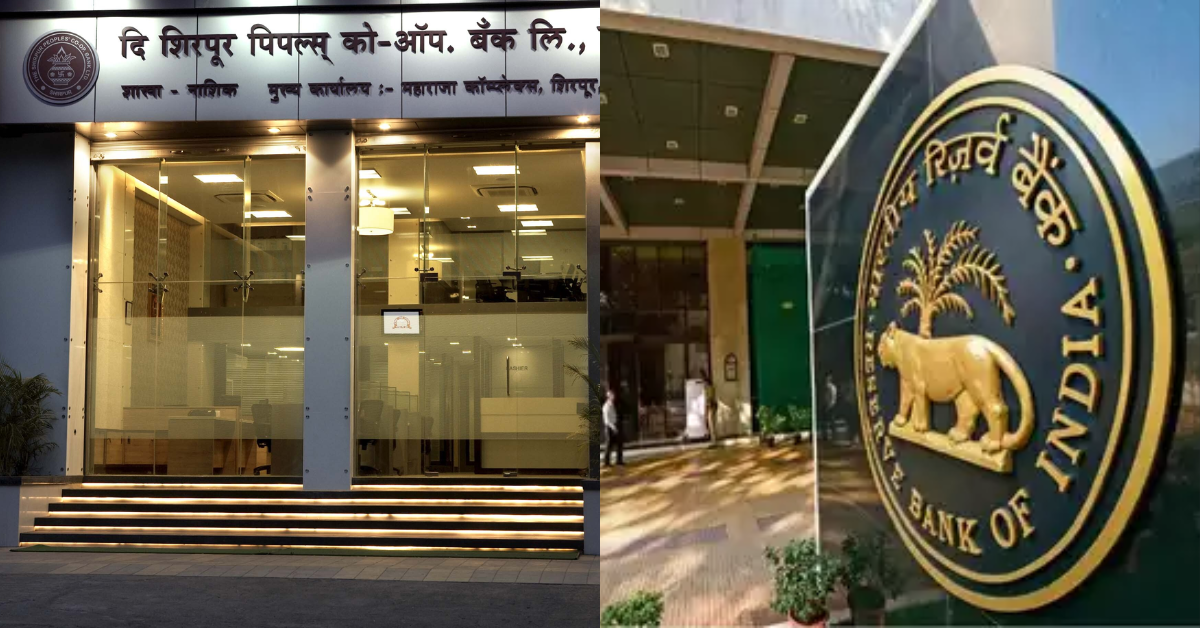The RBI has recently placed Shirpur Merchant’s Co-operative Bank in Maharashtra under moratorium due to a liquidity crunch. As a result, the bank is currently not allowed to accept new deposits or disburse funds to its customers.
However, these restrictions do not implicate the cancellation of bank banking licenses, but it is crucial to understand the implications of this moratorium and the steps depositors can take to safeguard their interests. Under these circumstances the bank will continue to operate but with limitations until its financial position improves. The RBI may review and modify these directives based on the bank’s circumstances.
This situation is very similar to past incidents, such as the moratorium imposed on the Punjab and Maharashtra Co-operative (PMC) bank in 2021, which was later merged into Unity Small Finance Bank.
With the immediate decision to hold Shirpur Merchant’s Co-operative Bank operations, the customers will not be able to withdraw money from their accounts as RBI’s directive explicitly states that no withdrawal will be allowed given the bank’s current liquidity position. However, depositors can offset their loans against deposits, subject to the conditions outlined in the RBI’s directions.
To relieve the depositors of concerns regarding their deposits, the Deposit Insurance and Credit Guarantee Corporations(DIGCGC) offer deposit insurance coverage. This insurance is offered by the DICGC Act of 1961. Eligible depositors are entitled to receive the insurance claim amount of up to Rs 5,00,000 for their deposits.
DICGC was established as a subsidiary of the RBI and plays a crucial role in insuring deposits and guaranteeing credit facilities covering various types of deposits, including savings, fixed, current, and recurring accounts. However, certain deposits, such as those received from foreign governments or exempted DICGC with RBI’s approval, are not ensured.
It is crucial to highlight that each bank’s deposits receive separate coverage under deposit insurance. All depositors are covered for up to Rs 5,00,000 for the total of their principal and interest balances. All commercial banks, foreign bank branches, local area banks, regional rural banks, and cooperative banks are eligible for this coverage. Nevertheless, primary co-operatives are excluded from coverage under DICGC’s insurance scheme.
So, in the case of Shirpur Merchant’s Co-operative Bank, depositors should assess their financial exposure and take necessary steps to mitigate the risk. While the moratorium will pose temporary inconveniences, the DICGC’s deposit insurance provides a safety net for their depositor’s funds. Depositors can navigate this challenging situation by understanding their rights and entitlements under the DICGC Act.
The RBI’s actions, while disruptive for Shirpur Merchants Co-operative Banks and its depositors, highlight the requirement for a robust depositor protection framework and the DICGC’s deposit insurance scheme is a great example in that area restoring full confidence in the banking system. However, clear and consistent communication from both the RBI and Shirpur Merchants Co-operative Bank is paramount as depositors deserve a transparent understanding of the situation.




